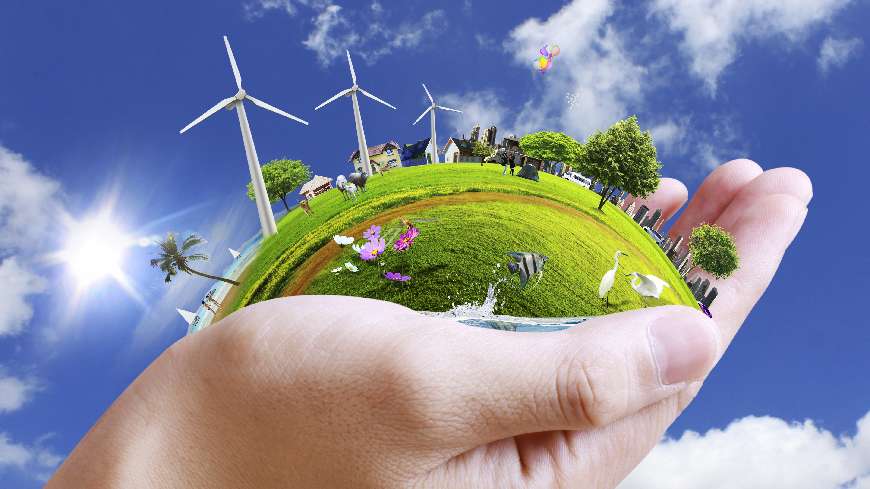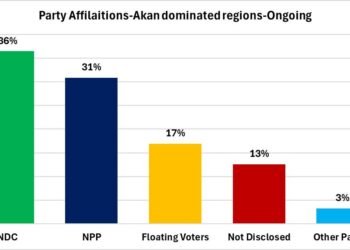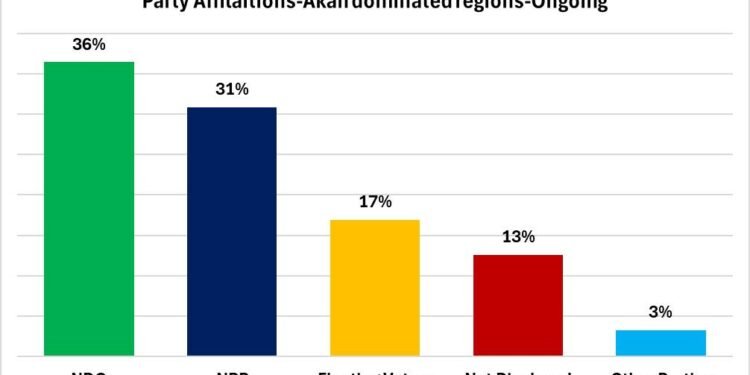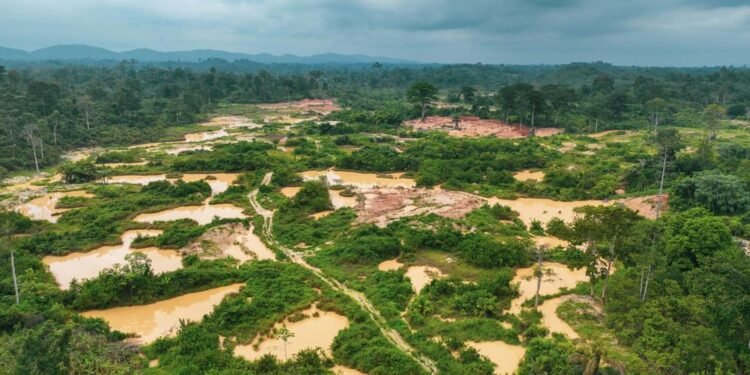As the world commemorates World Press Freedom Day (WPFD), it’s imperative to reflect on the crucial role journalism plays in addressing one of the most pressing challenges of our time: the environmental crisis. In Ghana, where the impacts of climate change are increasingly felt, the role of the press in promoting environmental sustainability cannot be overstated.
Ghana, like many other nations, grapples with environmental issues ranging from deforestation and water pollution to climate change-induced extreme weather events. These challenges not only threaten the country’s natural ecosystems but also endanger the livelihoods of millions of Ghanaians who depend on agriculture and natural resources for survival.
“The global theme for WPFD 2024 is: ‘Press for the Planet: Journalism in the face of the environmental crisis. However, the GJA has chosen the national theme: ‘Leveraging journalism for sustainable environment and future,’ as we seek to lead a strong media campaign for the protection of the environment and the good of the country.”
Kofi Yeboah, General Secretary of Ghana Journalists Association (GJA)
Journalism serves as a powerful tool in raising awareness about environmental issues and holding governments, corporations, and individuals accountable for their actions that contribute to environmental degradation. Through investigative reporting, journalists have the ability to uncover environmental injustices, expose illegal logging activities, highlight pollution hotspots, and scrutinize government policies related to environmental conservation.
Furthermore, the press plays a vital role in educating the public about the importance of environmental sustainability and promoting behavior change. By disseminating accurate and science-based information, journalists can empower citizens to make informed choices that reduce their ecological footprint, such as adopting sustainable consumption practices, supporting renewable energy initiatives, and advocating for environmental protection policies.
Role of the Press in Promoting Sustainable Environmental Development

Journalism plays a pivotal role in raising public awareness about environmental issues. By providing accurate and in-depth reporting, journalists can shed light on complex environmental challenges and their impacts on local communities and the planet as a whole. Through investigative journalism, environmental journalists can uncover hidden truths, expose environmental injustices, and hold governments and corporations accountable for their actions.
Additionally, Journalists can investigate and expose illegal mining activities, deforestation, and other environmental crimes that threaten Ghana’s natural resources. By shining a light on these issues, journalists can pressure authorities to take action against perpetrators and enforce environmental regulations more effectively.
Local journalists can engage with communities affected by environmental degradation to amplify their voices and raise awareness about their struggles. By sharing stories of resilience and grassroots initiatives, the press can inspire collective action and foster community-led solutions to environmental challenges.
Journalists can analyze and critique government policies related to environmental conservation and advocate for more ambitious and effective measures to mitigate climate change and protect Ghana’s biodiversity. By holding policymakers accountable and providing expert analysis, the press can influence decision-making processes and shape public discourse on environmental issues.
Moreover, media outlets can collaborate with environmental organizations and experts to provide practical tips and information on sustainable living, eco-friendly technologies, and conservation efforts. By mainstreaming sustainability in their content, journalists can inspire individuals and businesses to adopt greener lifestyles and contribute to a more sustainable future for Ghana.
However, for journalism to effectively address the environmental crisis in Ghana, press freedom must be safeguarded and supported. Journalists must be able to work without fear of intimidation, censorship, or harassment, and media organizations need adequate resources and support to conduct in-depth investigative reporting on environmental issues.
The United Nations made this declaration in December 1993; the first World Press Freedom Day was celebrated 30 years ago. Worldwide, journalists throughout history have been threatened and murdered for pursuing stories that powerful people want to hide.
Ninety-nine journalists were killed “in relation to their work” last year, according to the Committee to Protect Journalists (CPJ) — 44% more than the year before “Attacks on journalists…are often among the first indicators of a declining environment for freedoms and rights more generally,” said CPJ chief executive Jodie Ginsberg in the Columbia Journalism Review.
On this World Press Freedom Day, it is important to recognize the indispensable role of journalism in confronting the environmental crisis and reaffirm the commitment to protecting press freedom as a cornerstone of environmental sustainability in Ghana and beyond. As a society, it is crucial to empower journalists to continue their vital work in safeguarding our planet for future generations.
READ ALSO: Social Media, Playing A Substantial Role In Society























